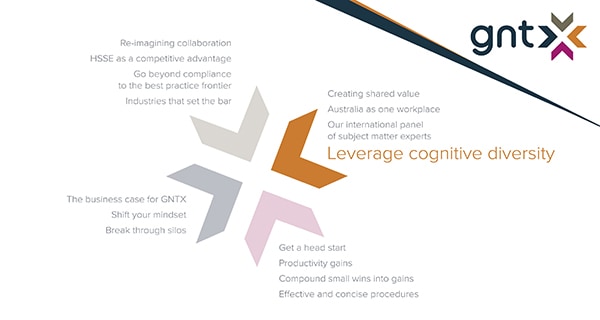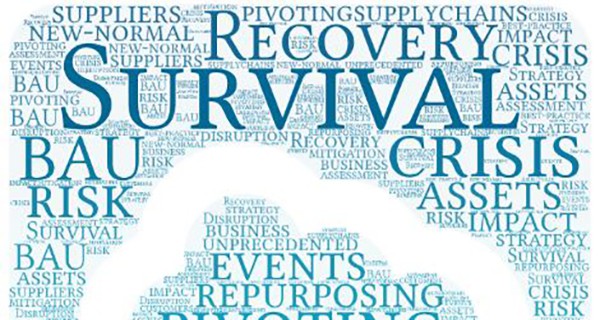When it comes to emergency management you don’t have to go it alone. Major incident support services are available to lower your risk and improve your response. Every day of our lives we take informed risks: we cross the road at a pedestrian crossing; we drive our car to work and the shops; we go […]
Incident Support
Services





